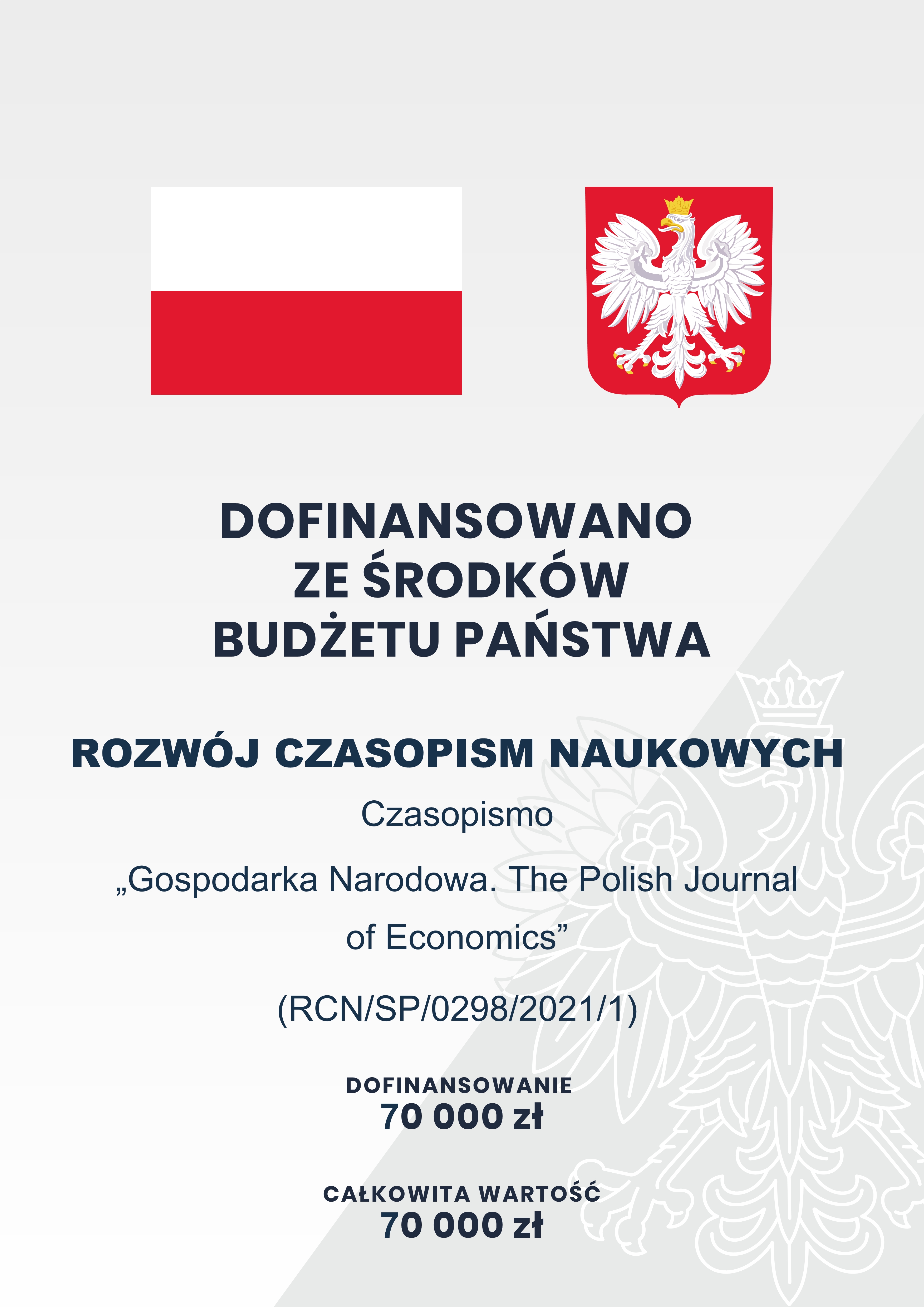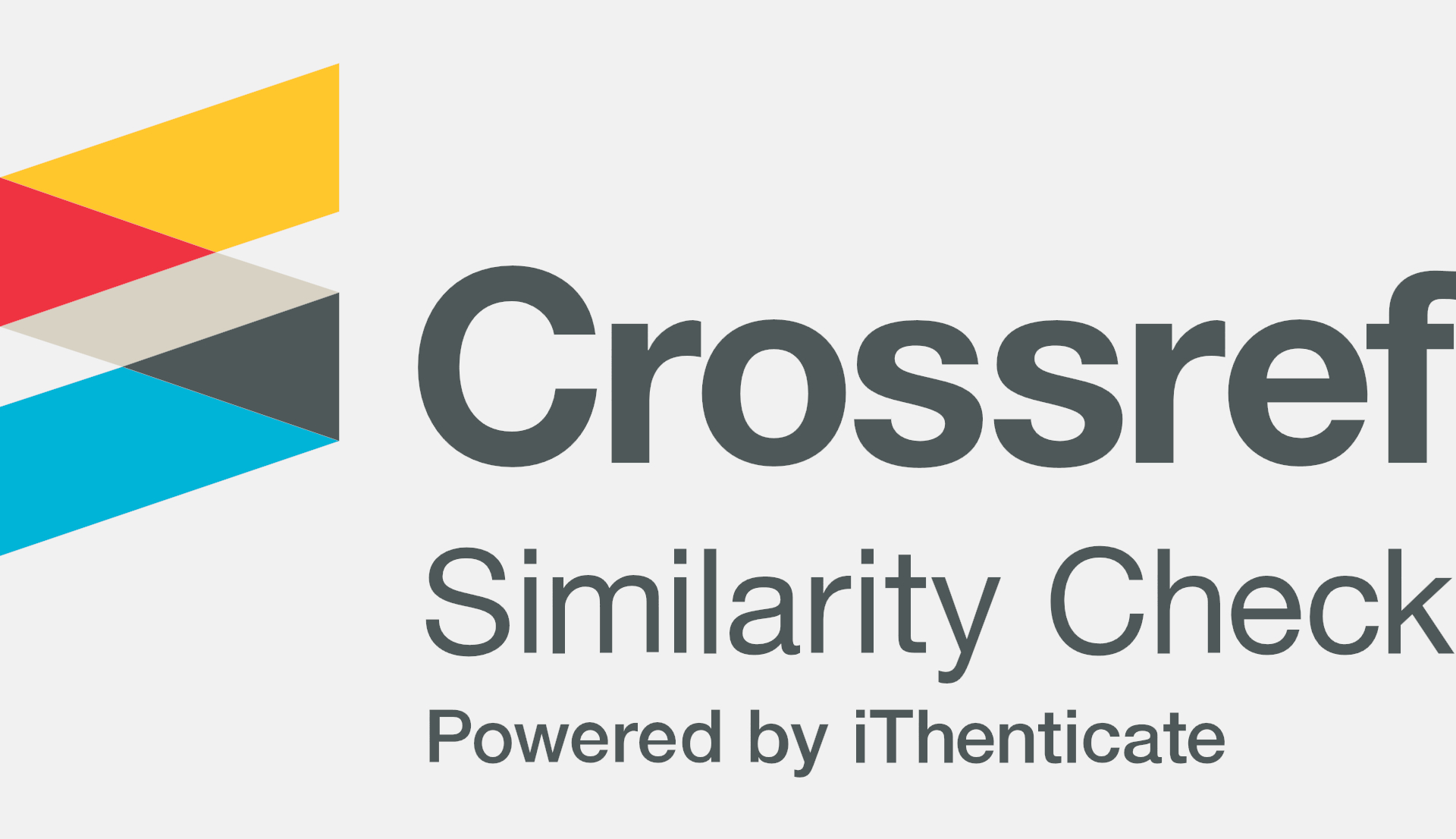Current Issue
Past Issues
About the Journal
Aims and Scope
Publisher
Editorial Board
Publishing Ethics
Indexing and Archiving
Copyright, Licensing and Access
For Authors
Submission Guidelines
Publication Fees
Peer-review Process
Editorial and Production Processes
Corrections and Retractions
Publishing Ethics
Copyright, Licensing and Access
Contact Us
Peer-review Process
- Articles are qualified for publication on the basis of a peer review process.
- Articles are reviewed by at least two reviewers who are experts in the subject matter covered by the article and are not part of the journal’s editorial staff.
- The review process is conducted according to a "double-blind" principle-neither the reviewer nor the author are aware of each other's identity.
- The review process ensures that reviewers are independent of the authors, i.e. not affiliated with the same institution.
- In the event of discrepancies in the evaluation of an article by two reviewers, the article is referred to a third reviewer for a conclusive review.
- Reviews are in writing and contain a clear conclusion as to whether or not the article can be accepted for publication.
- Articles are reviewed in accordance with uniform evaluation criteria adopted by the Editorial Board and set out in an article evaluation form.
- Articles are evaluated on the basis of the following criteria:
- suitability for a magazine of this type,
- original content,
- contribution of new insight into the subject of research,
- factual accuracy. - Reviews form the basis of the Editorial Board's final decision on whether or not an article will be accepted for publication; on each occasion, such a decision is made after a discussion.
- Editorial Board decisions end with one of the following conclusions:
- The article is academically irreproachable and qualifies for publication.
- The article requires some (minor) corrections and will qualify for publication once these are made.
- The article requires significant (major) corrections and needs to be re-reviewed once these are made and before it can be qualified for publication.
- The article does not qualify for publication. - If reservations are expressed with regard to an article, its authors are expected to take these into account in a new version of the article.
- If the authors are unable to take the reservations into account, they should make a case in writing, explaining why.
- If major reservations are expressed with regard to an article, the new version of the article will be re-reviewed by one of the reviewers who evaluated the original article.

We process personal data collected when visiting the website. The function of obtaining information about users and their behavior is carried out by voluntarily entered information in forms and saving cookies in end devices. Data, including cookies, are used to provide services, improve the user experience and to analyze the traffic in accordance with the Privacy policy. Data are also collected and processed by Google Analytics tool (more).
You can change cookies settings in your browser. Restricted use of cookies in the browser configuration may affect some functionalities of the website.
You can change cookies settings in your browser. Restricted use of cookies in the browser configuration may affect some functionalities of the website.


















